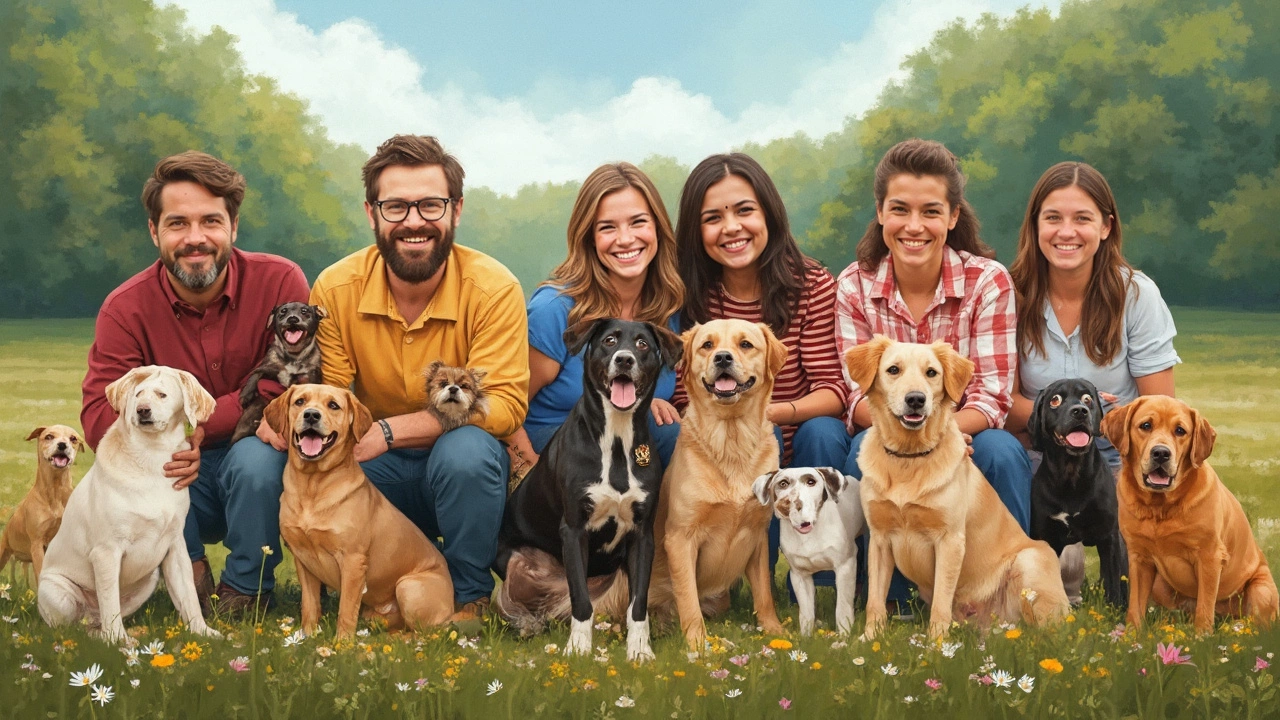Pet Ownership: Your Practical UK Guide
Owning a pet feels like having a loyal sidekick, but it also means stepping up to everyday duties. Whether you’re raising a hunting gundog or a curious kitten, the basics stay the same: food, safety, health, and love. Below you’ll find quick, no‑fluff advice that works for any UK pet parent.
Everyday Essentials for New Pet Parents
First off, feed your animal a balanced diet. For dogs, look for high‑protein kibble or fresh meals that match their size and activity level. Cats need moisture, so wet food or a water fountain can prevent kidney issues. Keep a vaccination schedule on the fridge; most vets recommend core shots every year for dogs and cats, plus boosters for specific diseases. If you’re unsure, our Pet Vaccinations: How Often Should You Really Schedule Them? article breaks down the timing.
Exercise isn’t just a walk in the park—it’s mental stimulation, too. For gundogs, fetch and scent games tire them out and keep instincts sharp. Small breeds enjoy short, frequent walks, while larger ones need longer sessions. A tired pup means fewer barking episodes, a point we explore in How to Stop Dogs from Barking.
Grooming goes beyond aesthetics. Regular brushing removes loose fur and spot‑checks for ticks or skin problems. If you wonder whether to bathe before a grooming appointment, see Should You Bathe Your Dog Before Grooming? for the low‑down.
Safety & Legal Must‑Knows in the UK
Collars can be lifesavers, but they’re not one‑size‑fits‑all. In many UK homes, a break‑away collar is safest for indoor use; read Should You Take Your Dog’s Collar Off at Home? for a step‑by‑step guide. When you’re out, a sturdy leash and a properly fitted harness protect both you and your dog. Our piece Collar vs Harness: What Do Vets Really Recommend for Dogs? helps you decide.
Know where your pet can legally go. Dogs are welcome in most public parks, but grocery stores have mixed rules—Virginia, for example, has strict policies (Are Dogs Allowed in Grocery Stores in Virginia?). In the UK, service dogs enjoy broader access, but regular pets usually need to stay outside. Always check the venue’s pet policy before heading out.
Traveling with pets adds another layer of planning. Airlines often require insurance, a health certificate, and a crate that meets specific dimensions. If you’re flying, consult Do Dogs Need Insurance to Fly? and Can My 50 Pound Dog Fly In Cabin With Me? for airline‑specific tips.
Finally, keep an eye on your pet’s mental health. Sharing a bed can be cozy, but it may trigger separation anxiety (Does Letting Your Dog Sleep in Your Bed Cause Separation Anxiety?). Giving your dog a comfy crate with a blanket (Should I Put a Blanket in My Dog's Crate?) can provide a safe retreat without creating dependence.
Pet ownership is a rewarding journey when you blend love with practical steps. Use these guidelines as a checklist, and revisit the linked articles whenever a new question pops up. Your pet will thank you with wagging tails, purrs, and endless companionship.
- Morgan Ainsworth
- 0 Comments
Are Puppy Mills Illegal in NC? The Truth Behind Regulations
Puppy mills, known for their inhumane conditions, are a concern for many in North Carolina. This article explores the current legal landscape around puppy mills in the state, shedding light on regulations and what pet owners need to know. We also discuss the impact of these mills on both dogs and potential owners. With this information, readers can make informed decisions when adopting a new furry friend. Discover how to support responsible breeding practices in your community.
View More
